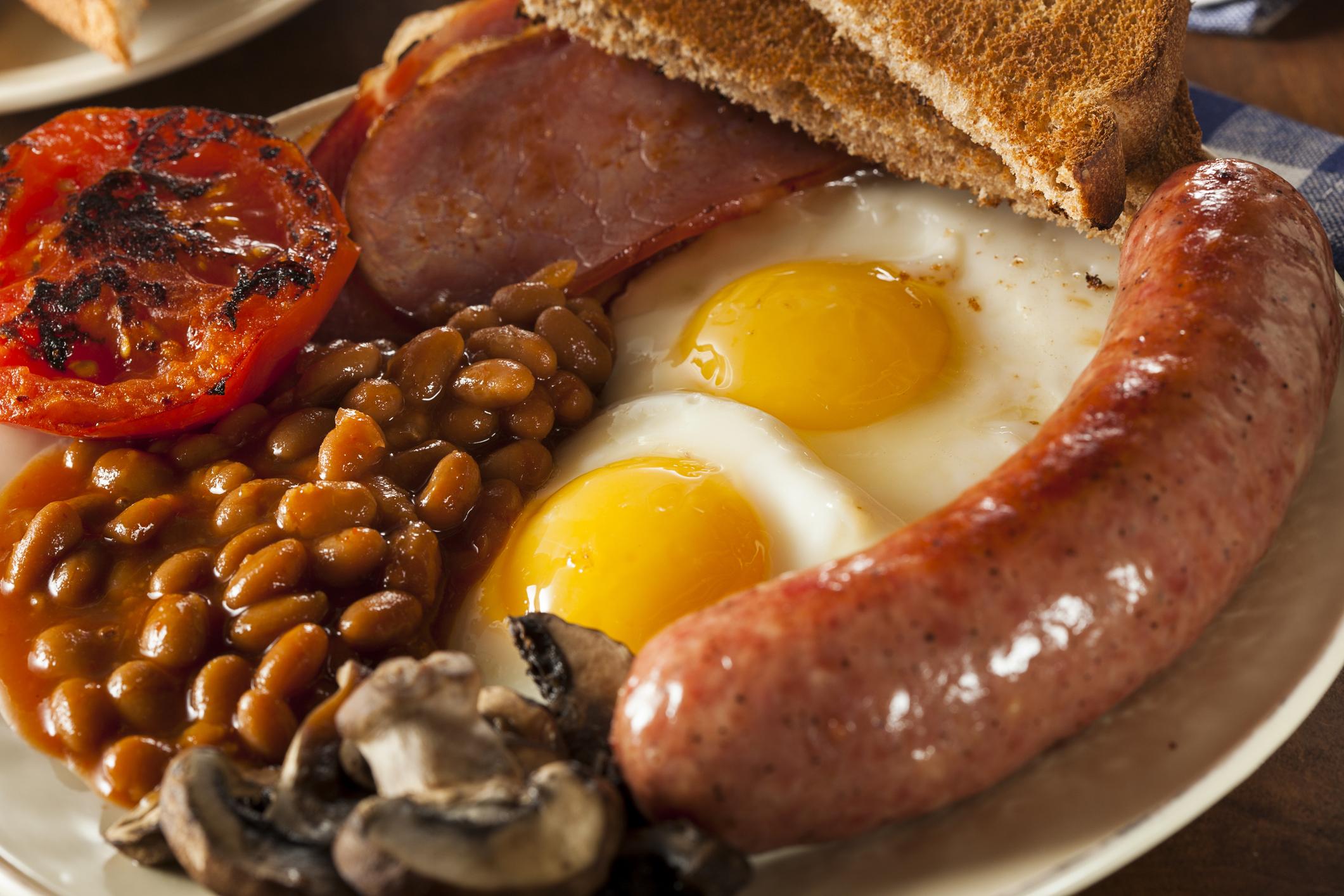Cooking a full English breakfast 'may cause harmful indoor air pollution'
Scientists use super-slow motion video to show how water droplets fly up during a fry-up, and suggest these could be harmful when breathed in

Your support helps us to tell the story
From reproductive rights to climate change to Big Tech, The Independent is on the ground when the story is developing. Whether it's investigating the financials of Elon Musk's pro-Trump PAC or producing our latest documentary, 'The A Word', which shines a light on the American women fighting for reproductive rights, we know how important it is to parse out the facts from the messaging.
At such a critical moment in US history, we need reporters on the ground. Your donation allows us to keep sending journalists to speak to both sides of the story.
The Independent is trusted by Americans across the entire political spectrum. And unlike many other quality news outlets, we choose not to lock Americans out of our reporting and analysis with paywalls. We believe quality journalism should be available to everyone, paid for by those who can afford it.
Your support makes all the difference.Frying up a full English breakfast could cause harmful indoor air pollution, a study has warned.
Cooking which involves water droplets interacting with hot oil - almost any fried dish - causes a reaction which sends tiny droplets of fat into the air.
Scientists at Texas Tech and Utah State universities used slow-motion video to show how even a single drop of water can cause an explosive chain reaction.
Their study found that if the oil is hot enough when the water is added, the droplets thrown into the air are small enough to be suspended in the atmosphere of the kitchen and, potentially, be breathed in by people.
This may be harmful, particularly in a poorly ventilated kitchen, although more research will be conducted to find out just how damaging to health this can be.
"It’s known that millions of deaths worldwide occur due to indoor air pollution, but we don’t know yet how much cooking in poorly ventilated kitchens contributes to it," said Jeremy Marston, an assistant professor at Texas Tech University.
The findings, presented to the American Physical Society's Division of Fluid Dynamics, showed that water dropped into oil heated to under 150C produced distinct individual eruptions.
The scientists termed these "oil jet forests", and said they threw millimetre-sized droplets of oil into the air. Enough to sting the skin - but not small enough to be breathable.
When the oil temperature was greater than 150C, however, microscopic oil droplets of less than 300 nanometres came up in a cloud, persisting in the atmosphere of the kitchen.
He said: "We've discovered that a very large number of small oil droplets are released when even a single, small droplet of water comes into contact with hot oil.
“You can see the explosive release when the water, trapped under the oil, vaporizes all of a sudden. This causes the oil film to rupture and sends oil droplets flying.”
Many common foods such as chicken and vegetables have a high water content which accelerates this reaction, the experts said.
And they warned that traditional Chinese stir fries, in which liquid is added to a searing hot pan, could be a particular cause for concern.
Join our commenting forum
Join thought-provoking conversations, follow other Independent readers and see their replies
Comments